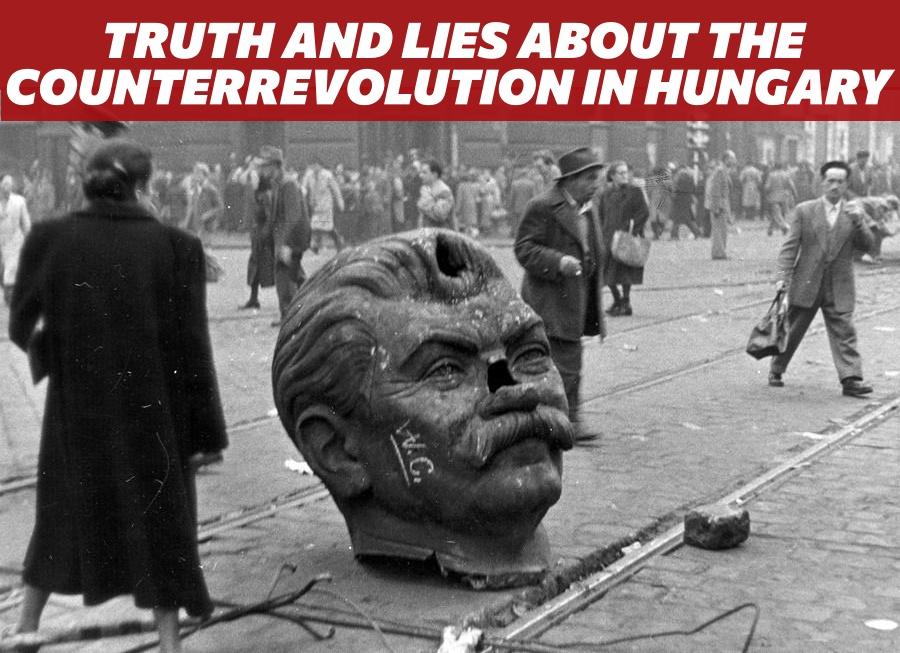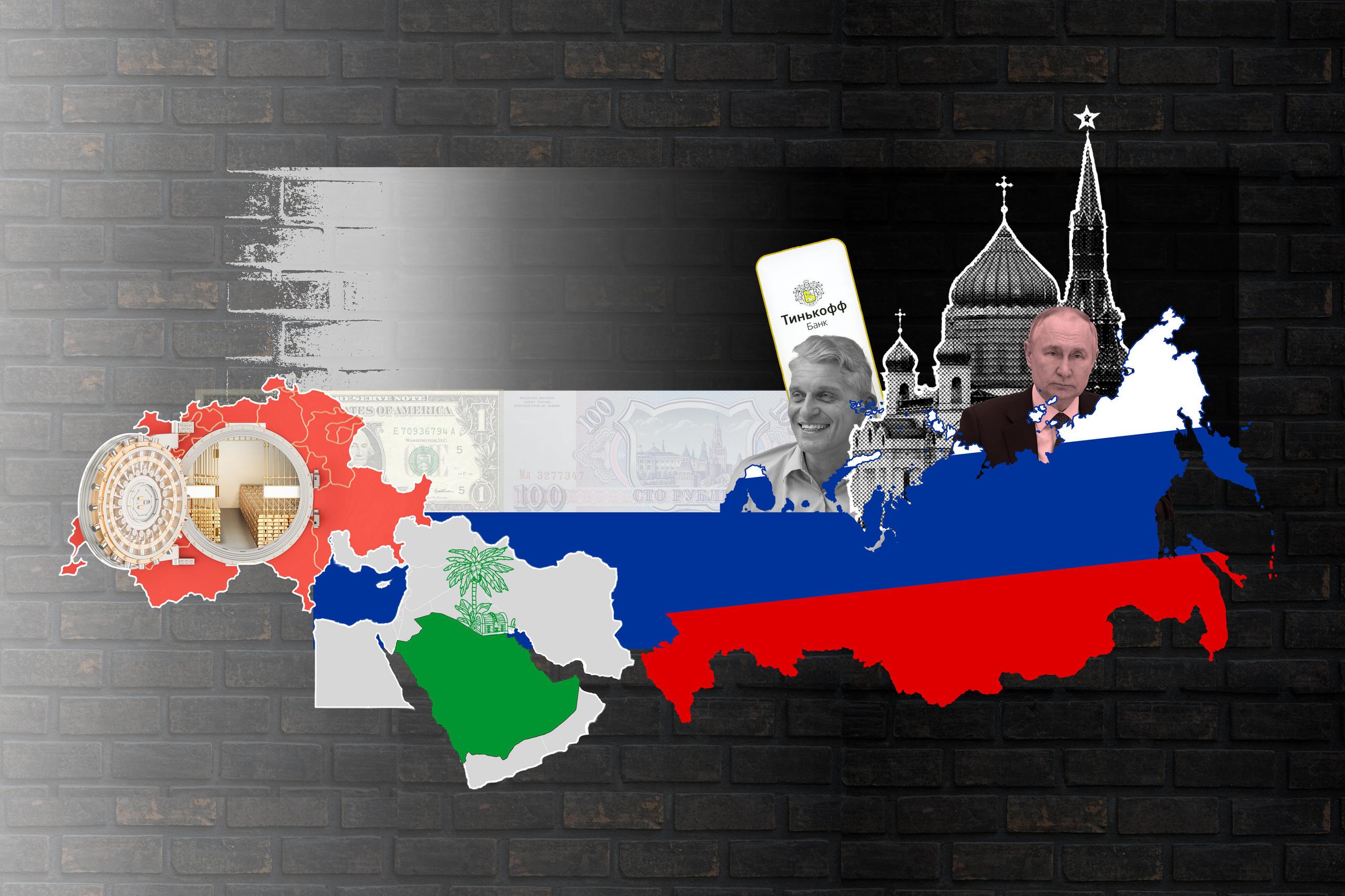Hungarys Stance: A Shift in Veto Coverage In the direction of EUs Russia Blacklist
In a big deviation from its earlier stance, Hungary seems poised to desert its veto on the European Union’s blacklist of Russian entities. This shocking shift comes amidst rising strain from fellow EU member states and mounting geopolitical tensions stemming from the continuing battle in ukraine. The Hungarian authorities, led by Prime Minister Viktor Orbán, has confronted scrutiny for its distinctive relationship with Russia, which has often sufficient positioned it at odds with EU solidarity. Nonetheless, current diplomatic negotiations point out that Budapest is reassessing its priorities, notably because it seeks to navigate its complicated international coverage panorama.
This potential coverage change may have far-reaching implications for the EU’s method to sanctioning Russia. Key components influencing Hungary’s determination might embody:
Financial concerns: Hungary’s economic system has been considerably affected by the conflict in Ukraine, prompting a reevaluation of its reliance on Russian vitality.strain from EU allies: Different member states have urged Hungary to align extra carefully with collective EU motion towards Russia contemplating its actions in Ukraine.Home opposition: elevated public dissent towards the federal government’s earlier alignment with Russia could also be pushing Hungary in the direction of a extra balanced stance.
This realignment may improve the EU’s efforts to impose stricter sanctions, thereby strengthening its collective response to Russian aggression and fostering higher unity amongst member states.

Implications of Hungarys Potential Withdrawal from the veto
The choice by Hungary to probably drop its veto on the EU’s blacklist of Russian entities holds vital ramifications for each regional politics and the unity of the European Union. If carried out, this shift may improve the EU’s capacity to exert strain on Moscow, reflecting a extra consolidated stance amongst member states towards Russia’s aggressive international coverage. The solidarity amongst EU nations is essential for sustaining a strong response to geopolitical threats, and Hungary’s withdrawal from its place might catalyze broader cooperation within the area. This alteration may sign to different dissenting nations the significance of alignment, particularly in occasions of disaster when united actions are important.
Furthermore, eradicating the veto opens the door for potential financial and diplomatic recalibrations inside Hungary itself. the Hungarian authorities might search to leverage this newfound adaptability to achieve favor and assist from EU establishments,notably in gentle of ongoing monetary negotiations and considerations concerning rule of legislation inside its borders. Advantages may embody entry to further funding for important tasks or enhanced financial restoration sources.Nevertheless, this transfer may additionally provoke blended reactions domestically, as factions inside Hungary would possibly see it as a concession to EU pressures, elevating questions on nationwide sovereignty and governance.

The EUs Response: coordinated Motion Towards Russian Aggression
The European Union has been navigating a fancy panorama of geopolitical tensions following Russia’s aggressive actions. With ongoing discussions a few complete blacklist concentrating on Russian people and entities, Hungary’s anticipated withdrawal of its veto is seen as a pivotal second within the EU’s unified stance. This potential shift is anticipated to facilitate a extra sturdy response from the EU, enabling member states to collectively impose sanctions that intention to discourage additional aggression. The coordination amongst EU nations in response to those developments highlights a renewed dedication to collective safety and the rule of legislation.
Because the EU works towards a cohesive technique, key components are being prioritized to make sure effectiveness and solidarity amongst member states.The coordinated motion might embody:
Enhanced sanctions: Focusing on monetary transactions and belongings linked to Russian officers.Elevated diplomatic strain: Leveraging worldwide boards to isolate russia.Help for affected areas: Offering help to Ukraine and different nations impacted by Russian insurance policies.
by fostering a spirit of collaboration,the EU goals to current a united entrance,signaling to each inside and exterior audiences that aggression won’t go unchecked. As Hungary prepares to align with the broader EU consensus, it underscores the significance of solidarity in addressing such world challenges.

Financial Issues: Balancing Nationwide Pursuits with EU Solidarity
The current determination by Hungary to doubtlessly elevate its veto towards the European Union’s blacklist on Russian entities highlights a fancy interaction of nationwide pursuits and collective EU solidarity. Hungary’s stance has typically been formed by its financial ties with Russia,notably in sectors comparable to vitality,commerce,and funding. Because the EU seeks to implement a cohesive technique in response to the continuing battle in Ukraine, Hungary’s earlier obstacles illuminated the difficulties of sustaining unity whereas addressing particular person member states’ considerations. This shift indicators a willingness to compromise, suggesting hungary acknowledges the broader dangers of isolation and potential fallout from remaining outdoors the EU’s collective selections.
The implications of this alteration lengthen past Hungary, impacting each the EU’s strategic posture and the effectiveness of its sanctions regime towards Russia. Components driving this reconsideration embody:
Elevated strain from different EU member states advocating for stronger sanctions.Potential financial repercussions from non-compliance with EU insurance policies.The necessity for unity within the face of geopolitical challenges, which strengthens collective bargaining energy.
These dynamics underscore the fragile balancing act the EU faces; aligning nationwide pursuits with the necessity for a unified method not solely enhances the bloc’s integrity but in addition protects the collective financial standing of all its members amidst world tensions.

Suggestions for Future EU Methods on Russia Sanctions
Because the EU navigates its complicated relationship with Russia, it’s essential to undertake a forward-thinking method in shaping sanctions methods. One suggestion is to reinforce intelligence-sharing amongst member states to make sure that sanctions are well timed and successfully focused. This collaborative effort can embody:
Establishing a joint activity power to research and reply to evolving threats.Making a centralized database to trace the influence and compliance of sanctions.Incorporating real-time updates into present frameworks for faster decision-making.
Furthermore, diversifying the sanctions toolkit past financial measures may present a extra sturdy barrier towards Russian aggression. This will embody diplomatic and mushy energy methods comparable to:
Focused cultural exchanges to advertise democratic values and human rights.Enhanced assist for civil society organizations inside and outdoors Russia.Engagement with non-EU allies to coordinate a unified response and share greatest practices.

Fostering Unity: Strengthening Cooperation Amongst EU Member States
The current expectation for Hungary to drop its veto on the European Union’s blacklist of Russian entities marks a big shift within the bloc’s method towards a united entrance on international coverage. This alteration may bolster cooperation amongst member states and pave the way in which for a extra cohesive technique in addressing exterior challenges. By aligning their positions, EU nations can successfully ship a powerful message to adversaries, reinforcing the concept that inside disagreements won’t hinder collective motion.such solidarity is important within the face of geopolitical tensions and can influence numerous sectors, together with commerce, safety, and diplomacy.
Key concerns embody:
Financial sanctions: Streamlining measures to reinforce their effectiveness towards aggressor states.Shared sources: Facilitating collaborative efforts in protection and intelligence sharing.Political alignment: Making a unified stance in worldwide boards.
Moreover, the potential removing of the veto not solely signifies Hungary’s dedication to EU unity but in addition displays the necessity for dynamic discussions amongst member states. This can require a steadiness of nationwide pursuits with collective EU objectives, demanding diplomatic finesse and a give attention to long-term strategic aims. In shifting ahead, the EU may gain advantage from establishing a framework that enables for the continual analysis of member states’ positions, making certain adaptability in a quickly altering world panorama.

Insights and Conclusions
Hungary’s anticipated determination to drop its veto on the European Union’s blacklist of people and entities linked to Russia marks a big shift within the EU’s method to addressing the continuing battle in Ukraine. This growth may pave the way in which for extra unified and decisive actions inside the bloc, reinforcing the EU’s stance on sanctions and its dedication to supporting Ukraine. As member states navigate the complexities of diplomacy and coverage, Hungary’s transfer indicators a possible thaw in its relations with EU companions and a renewed emphasis on collective safety within the face of exterior threats. The approaching weeks shall be essential because the EU seeks to consolidate its place and reveal cohesion amid ongoing challenges. Observers shall be carefully monitoring how this alteration impacts Hungary’s future engagements with the EU and its implications for broader geopolitical dynamics.
Source link : https://europ.info/2025/03/05/hungary-2/hungary-expected-to-drop-veto-on-eus-russia-blacklist-euobserver/
Writer : EURO-NEWS
Publish date : 2025-03-05 12:48:00
Copyright for syndicated content material belongs to the linked Source.


